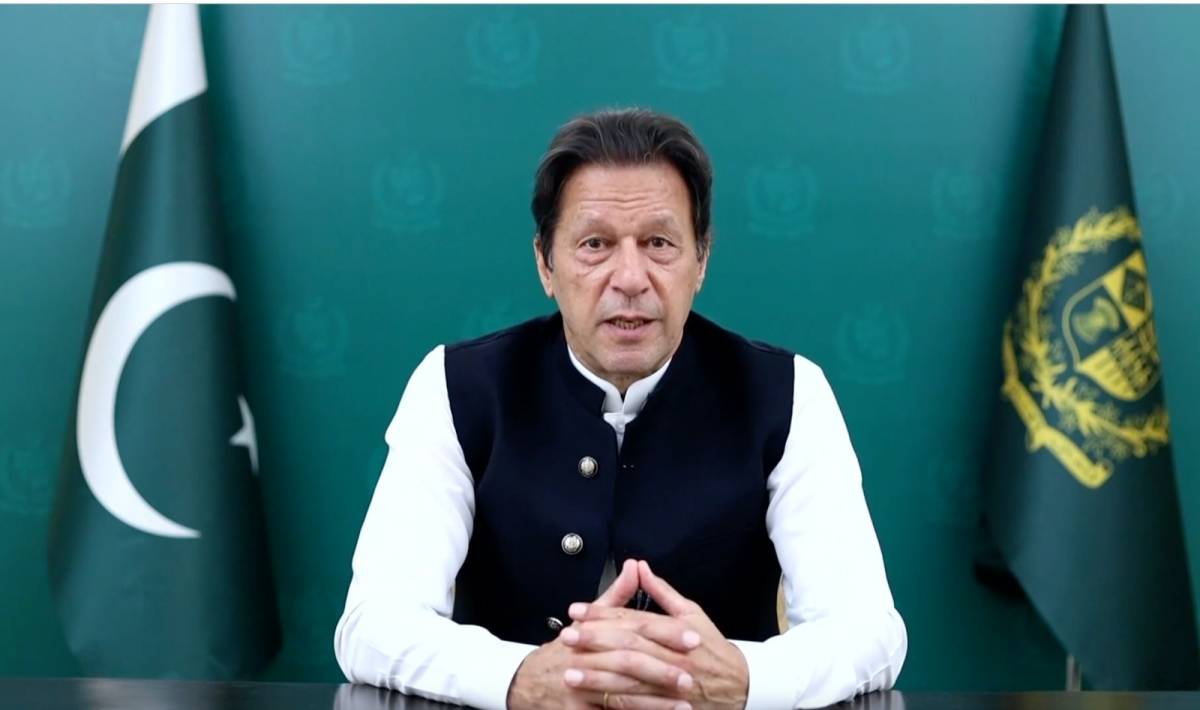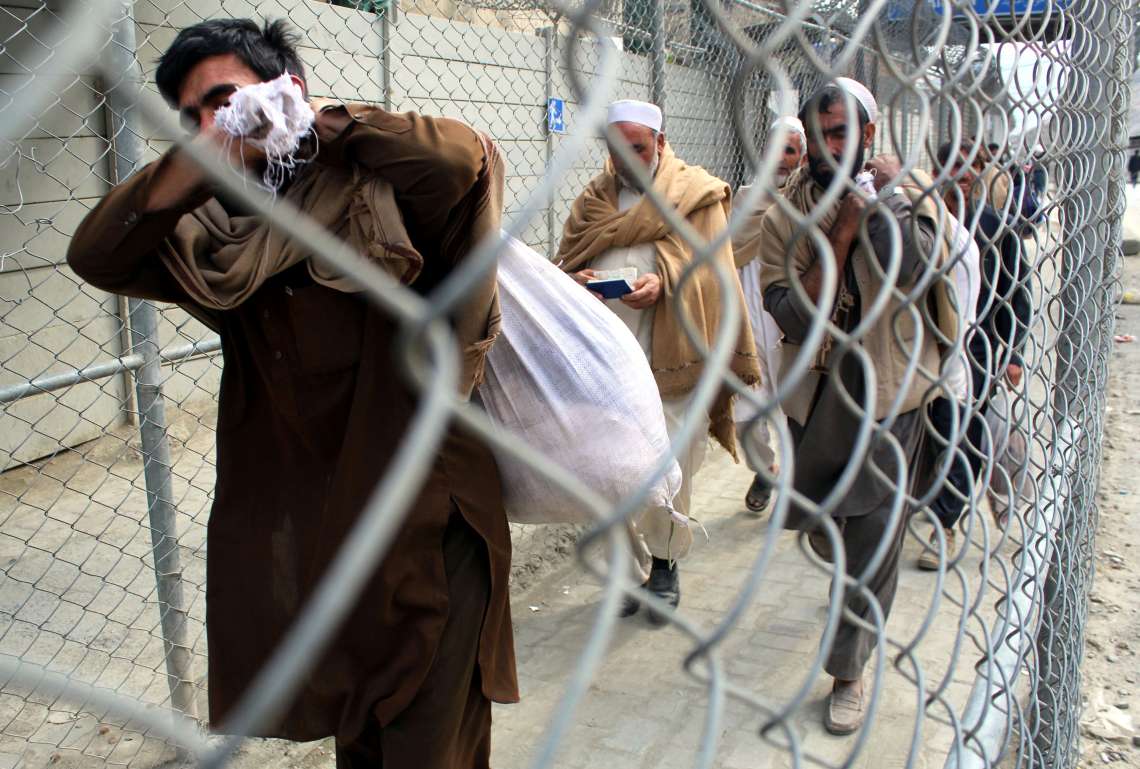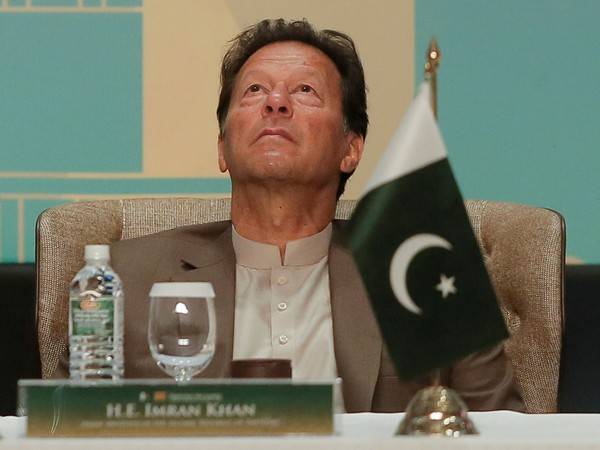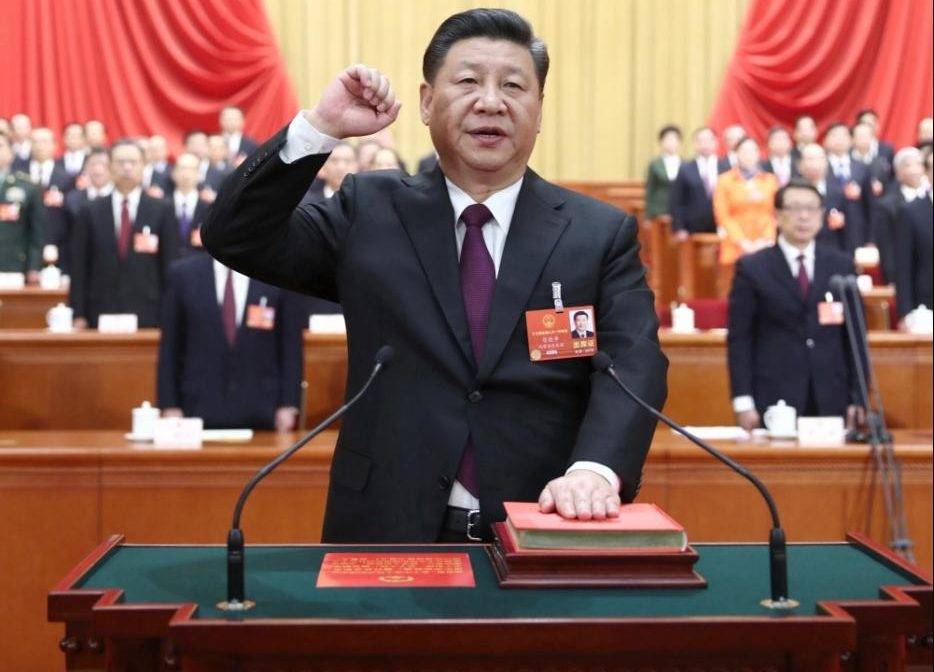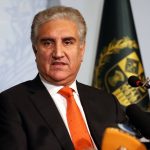Imran Faces Exit As Inner Circle Indicted In Corruption. Panama Papers sparked the downfall of Nawaz Sharif. Now is the turn for Niyazi. Pak generals are sharpening their knives as Prime Minister Imran Khan’s inner circle including Pak Finance Minister were exposed of hiding millions in offshore accounts. Please click here to read the full report
Leaked documents under Pandora Papers reveal that key members of Pakistan Prime Minister Imran Khan’s inner circle, including cabinet ministers, their families and major financial backers have secretly owned an array of companies and trusts holding millions of dollars of hidden wealth.
Military leaders have been implicated as well. The documents contain no suggestion that Khan himself owns offshore companies.
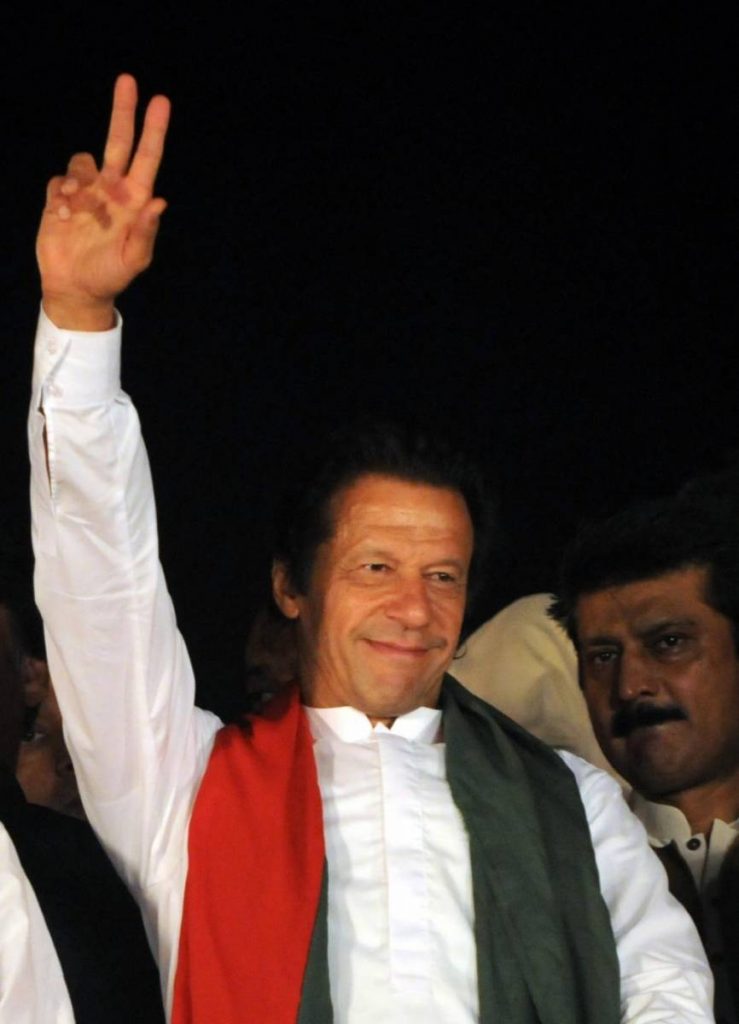
Among those whose holdings have been exposed are Khan’s finance minister, Shaukat Fayaz Ahmed Tarin, and his family, and the son of Khan’s former adviser for finance and revenue, Waqar Masood Khan. The records also reveal the offshore dealings of a top PTI donor, Arif Naqvi, who is facing fraud charges in the United States.
The files show how Chaudhry Moonis Elahi, a key political ally of Imran Khan’s, planned to put the proceeds from an allegedly corrupt business deal into a secret trust, concealing them from Pakistan’s tax authorities. Elahi did not respond to ICIJ’s repeated requests for comment.
Today, a family spokesman told ICIJ’s media partners that, “due to political victimisation misleading interpretations and data have been circulated in files for nefarious reasons”. He added that the family’s assets “are declared as per applicable law”.
The revelations are part of the Pandora Papers, a new global investigation into the shadowy offshore financial system that allows multinational corporations, the rich, famous and powerful to avoid taxes and otherwise shield their wealth. The probe is based on more than 11.9 million confidential files from 14 offshore services firms leaked to the International Consortium of Investigative Journalists (ICIJ) and shared with 150 news organizations around the world.
The Pandora Papers investigation exposes civilian government and military leaders who have been hiding vast amounts of wealth in a country plagued by widespread poverty and tax avoidance.
The newly leaked records reveal the use of offshore services by Pakistan’s elites that rivals the findings of the Panama Papers, which led to Nawaz Sharif’s downfall and helped propel Imran Khan to power three years ago.
In the 48 hours leading up to the publication of the Pandora Papers, a Pakistani television station, ARY-News, reported that, “the owner of two offshore companies registered at a similar address as of Prime Minister Imran Khan has revealed that they were registered by him on a different address and denied any role of the premier in this regard.” The story also attributed the information to “a database of the offshore companies.”
ARY-News is not an ICIJ partner and doesn’t have access to ICIJ data. In its reporting prior to publication, ICIJ had asked Khan about the same companies. A Khan spokesman told ICIJ that the prime minister had no link to either, adding that two houses in the same neighborhood share an address, providing a map as evidence.
The spokesman also told ARY-News that Khan denied any connection to the companies, adding that their owner “never met Imran Khan face to face and it may however be possible that they had attended an extended family function.”
The Pandora Papers investigation exposes civilian government and military leaders who have been hiding vast amounts of wealth in a country plagued by widespread poverty and tax avoidance.
The newly leaked records reveal the use of offshore services by Pakistan’s elites that rivals the findings of the Panama Papers, which led to Sharif’s downfall and helped propel Imran Khan to power three years ago.
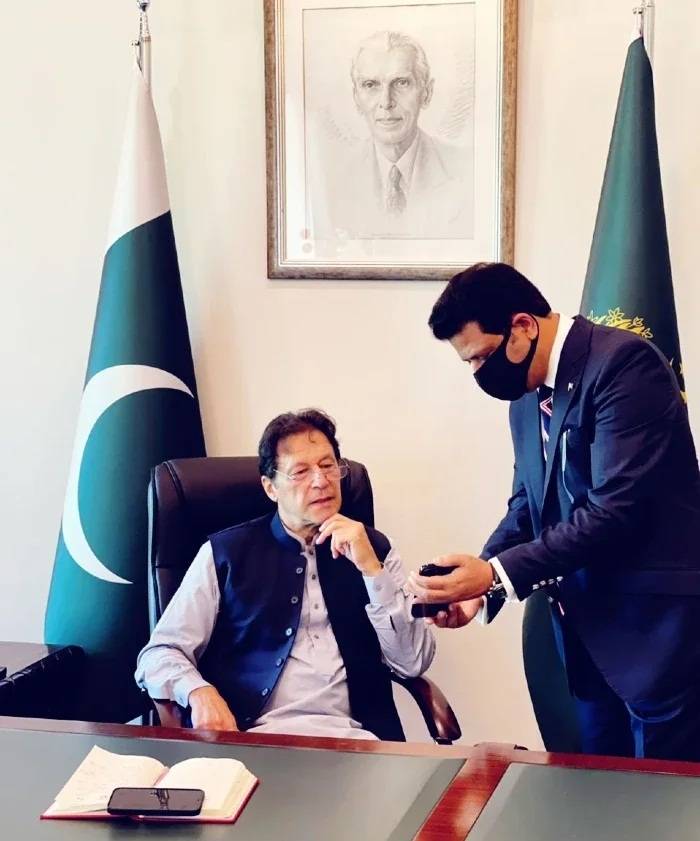
A few hours before the Pandora Papers’ publication, Khan’s spokesperson told a press conference that the prime minister, “has no offshore company but if any of his ministers [or] advisers have it will be their individual acts and they will have to be held accountable.”
Khan’s anti-corruption rhetoric resonated in Pakistan, where the military has pointed to what it calls the corruption and ineptitude of civilian politicians to justify overthrowing democratically elected governments three times since the country’s founding in 1947.
Military autocracies have ruled Pakistan for almost half the country’s history. They have been bolstered by support from the U.S and NATO countries, which have relied on Pakistan’s support as a bulwark against the Soviet invasion of Afghanistan and, later, the Taliban.
The military also claims legitimacy as the nation’s protector against longtime adversary and nuclear rival India.
Over the decades, the military and its secretive spy agency, Inter-Services Intelligence, have repeatedly stoked anti-India animus, even at the cost of angering Pakistan’s Western allies.
READ MORE: FATF slammed for failing to blacklist Pakistan
READ MORE: SANCTUARY FOR TALIBAN: US Generals Turn Heat on Pakistan


